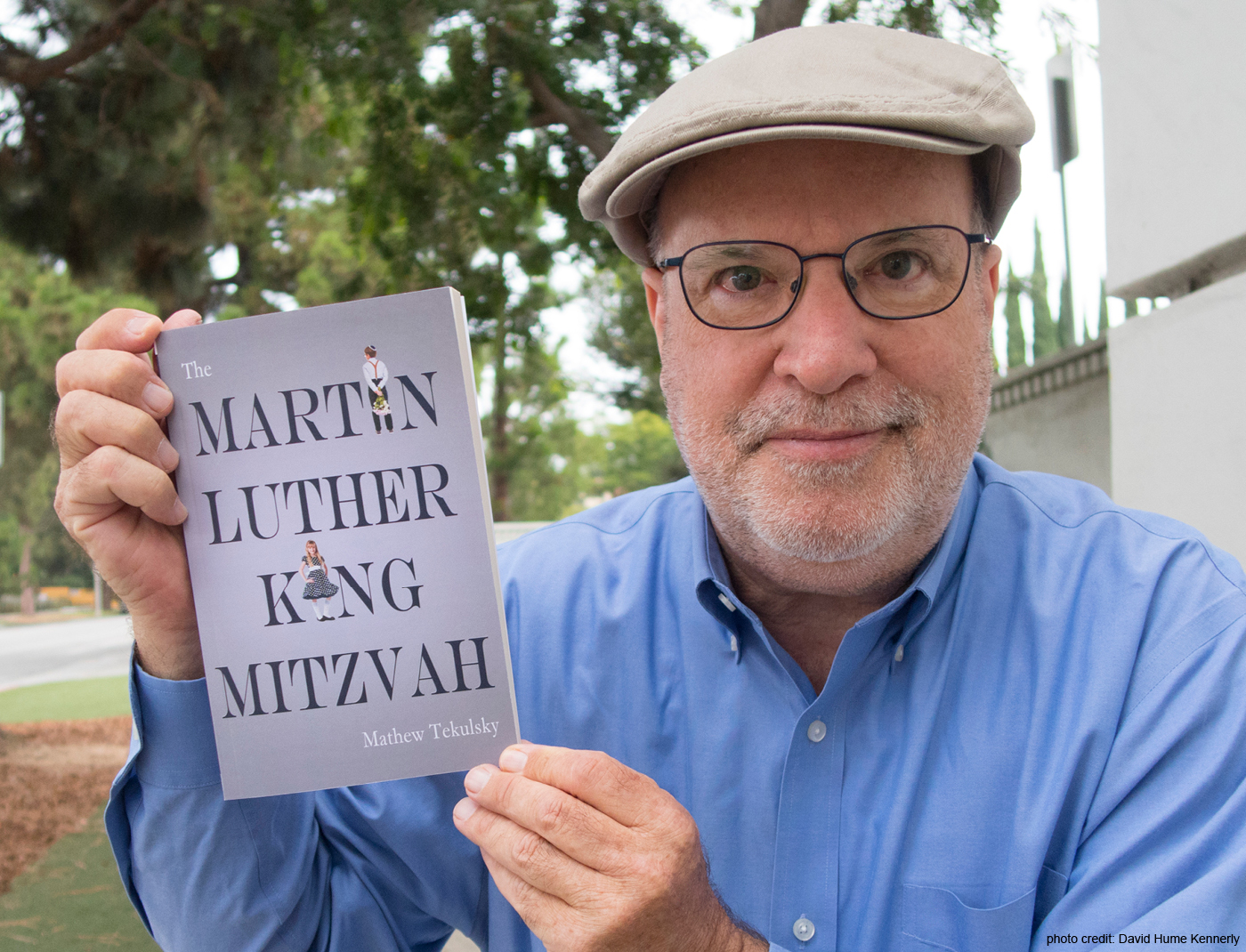Mathew Tekulsky’s “Brian Grazer” Pitch
In his book A Curious Mind, movie producer Brian Grazer writes about trying to sell his movie Splash to the movie studios, and about how he kept getting no for an answer. The problem was that he had been pitching it as a story about a mermaid. Nobody wanted to make a movie about a mermaid. Then, he changed his approach and pitched it as a love story between a man and a mermaid, and he sold the movie to Disney and the film became a big hit.
When I read this story in Brian’s book, a light bulb went off in my head. I’ve been describing The Martin Luther King Mitzvah as a story about two kids and Martin Luther King, and that’s the not the best way to describe this novel. Here’s a better way: It’s a love story between Adam, a twelve-year-old Jewish boy (who is the victim of anti-Semitism), and a twelve-year-old Catholic girl named Sally (whose older brother bullies Adam because the latter is Jewish). A meeting with Martin Luther King facilitates their social and political awakening, and Adam and Sally form a bond that blossoms into love. Eventually, they unite the fictional town of Beachmont to together overcome anti-Semitism and to protest against the war in Vietnam.
Martin Luther King is an important part of the story, but it is not the main story. The narrative focuses primarily on the process by which Adam is drawn out of his shell by his interactions with Sally, the reclusive author Gladys McKinley and her housekeeper, Cousin Louie, and the editor, Jack Williams, who publishes Adam’s photographs in the Beachmont Times. Through all of the events of this tumultuous year, Adam is accompanied by sidekick, the dyslexic Jimmy Robbins. Adam even helps bring his father Eugene, a holocaust survivor, out of his own shell; and as Eugene is embraced by the community, Adam can only bask in his father’s humble glory.
Every story (and movie) should have an “arc,” a narrative during which the characters evolve from one state of being to another. Nobody wants to read (or watch) a story about characters that never change. What’s the fun of that?
So thank you, Brian Grazer, for pointing out the way to pitch a movie (or a novel) by recognizing the timeless emotional elements that will connect a story to its audience. The next time I see Brian (to whom I was introduced recently), I will thank him and describe The Martin Luther King Mitzvah the way I have explained it here, and I will share with him how much I learned from his own experience with Splash.
© Copyright 2018 Mathew Tekulsky



